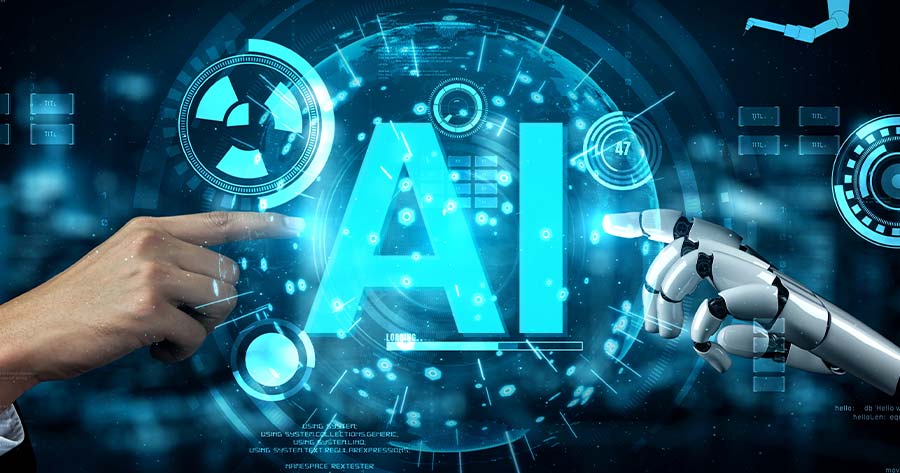While numerous benefits and conveniences can be drawn from the use of artificial intelligence, many still argue vehemently against AI. Some fear the regression of actual development in human competence as we rely more and more on technology to help us through the day. Others dread the unbridled power accumulated by tech moguls.
WIth the ongoing development of AI seeming resolute, along comes the new governance “Techno-feudalism” that could undermine democratic principles and replace conventional capitalism in the long run, as coined and explained by Yanis Varoufakis – former Greek Minister of Finance and one of the most prominent critics of the digitization of global economy.
The significant progress in the development of AI cannot be achieved without the rise of “Big Techs.” As we are living through the digital epoch where data has become the currency, being traded among many service providers. Varoufakis argues that big techs’ sole ability to collect, evaluate, and monetize such data amassed them unimaginable and unprecedented wealth and power over our society.
Thus, creating a new socio-economic system in conjunction with the development of AI, or any other digital tools for that matter, called ”Techno-feudalism” in which digital functions take over physical labor across all industries, exploit personal data, and thereupon undermine the very essence of democracy – whereas big techs operate as unelected “feudal lords” governing the digital “land” i.e. being the only actor capable of processing data, while the “serfs” (users) unknowingly provide for them their information, argued Varoufakis.
We don’t have to look far to examine the above. You are likely to find people willingly lined up with excitement to get their hands on the latest tech every September or so, rarely comprehending the actual value they are delivering..
Such technology moguls determine and control all transactions of data throughout every necessary step, rendering unto them an almost monopolistic power to govern technology: how we use it and to what extent, when to deploy certain technology, let alone the manipulation of public opinion on certain topics through the algorithm specifically coded in pursuit of corporate interests which, if gone unchecked, can definitively subvert the very essence of democracy as power is being gradually centralized into the hands of a few people.
Nevertheless, the first initiative to safeguard the use of AI in compliance with human rights has been set forth. An international treaty on AI was agreed upon by the EU, US, UK, Israel and six other non-EU European nations last week. As the United States and the European Union aligned their opinions on these regulations, the Council of Europe Framework Convention on Artificial Intelligence and Human Rights, Democracy, and the Rule of Law or CETS No. 225 was made available to any concerned nation, despite the very specific title. Australia, while not a formal signatory of the treaty, has published its own paper for “introducing mandatory guardrails”, outlining domestic regulation of AI, signaling Australia’s first attempt to attain the minimum standard.
However, skeptics still question how to effectively enforce regulatory actions as there is yet to be a proper authority for the job, nor incentives to do so. Conversely, the Global South may have more opportunities to direct global technology in the coming years, provided the Convention has shown a clear divide between Western democracy and other jurisdictions where AI may have been deployed with little to no regard to legislations concerning the humanitarian fundamentals.





